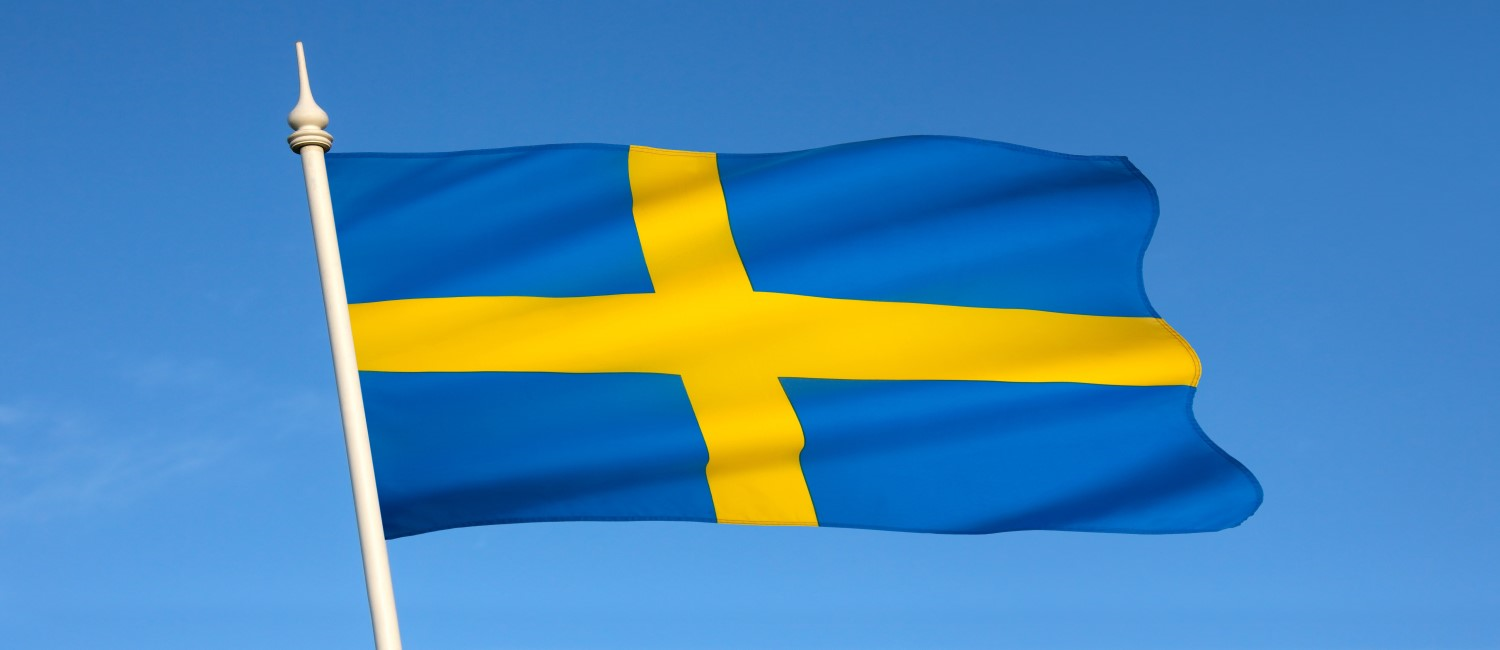Norway is one of the least corrupt countries in the world, and business is done in a transparent manner. Corruption is hardly a barrier to commerce or investment, and administrative corruption and small bribes are almost non-existent. The Norwegian Penal Code punishes both active and passive bribery, influence trading, fraud, extortion, breach of trust, and money laundering. It applies to anybody registered in Norway and entails a punishment of up to ten years in jail, even if the conduct is done outside of Norway.
Norway's wealth has attracted the interest of financial criminals who aim to take advantage of its financial infrastructure for activities like fraud, money laundering, and financing terrorism. Recent incidents involving financial wrongdoing have brought scrutiny to Norway's efforts in enforcing anti-money laundering (AML) and countering terrorism financing (CFT) regulations. One notable case in 2020 involved DNB ASA, Norway's biggest financial services conglomerate, receiving a significant fine of NOK 400 million (approximately $48.1 million) due to consistent violations of AML compliance.
What is the Present Condition of Norway's FATF?
All Nordic-Baltic nations finished their 4th or 5th Round Mutual Evaluation Reports (MERs) by FATF or MONEYVAL between 2014 and 2022. For Recommendation 26, which deals with the supervision of financial institutions, frequently received low scores. Common worries included inadequate risk-based supervision, a lack of resources and sanction enforcement authority, difficulties with reporting suspicious transactions, and increased due diligence. Some nations had weak efforts to combat money laundering, little knowledge of ML/TF risks, and no system in place to update bank risk profiles. These nations generally struggled with risk-based supervision, comprehending cross-border activity and ML/TF risks, which caused some of them to enter enhanced follow-up procedures or be listed as having AML/CFT deficiencies.
Norway's Anti-Money Laundering Regulatory Authority
The Norwegian Insurance Council, the Bank Inspection Body, and the Broker Control Agency merged to become the FSA, an autonomous government agency, in 1986. Until 2009, the FSA was formally known as the Credit Supervisory Authority (Kredittilsynet).
The FSA's mandate is to promote financial stability and well-functioning markets in Norway, as well as to collaborate with international regulatory agencies, such as ensuring that legislation relevant to EEA member states is efficiently implemented inside the country.
Norway's Anti-Money Laundering Regulations
Norway has shown a strong commitment to combating financial crimes and money laundering, exemplified by the introduction of the Anti-Money Laundering Act in 2018. Obligated entities must take a number of precautions to avoid being abused by criminal forces. In Norway, this resulted in a new Act on anti-money laundering and terrorist funding in 2018. This shines a bright light on those who are supposed to report any such attempted infractions.
The Anti-Money Laundering Act (2018) is the main piece of AML law in Norway, and it implements the AML standards of the EU's Fourth and, later, Fifth Anti-Money Laundering Directives (4AMLD and 5AMLD), as well as those of the Financial Action Task Force (FATF).
Money laundering makes profit-driven crimes more profitable while making them harder to catch, which results in severe penalties. Whether or not the offender personally benefited, money laundering in Norway carries a maximum 15-year sentence in prison.
Norway incorporates EU anti-money laundering directives (AMLD) into its national AML/CFT laws as a member of the European Economic Area (EEA). In order to comply with the Sixth Anti-Money Laundering Directive (6AMLD), which is in effect as of June 3, 2021, Norway has updated its Anti-Money Laundering Act. Norway is anticipated to adopt the innovative Markets in Crypto Assets (MiCA) regulation, which was developed by the EU to control the risks associated with cryptocurrencies and stablecoins that aren't backed by anything. The Transfer of Funds Regulation (TFR), which extends AML/CFT regulations to virtual asset service providers, will also be implemented in Norway.
The Anti-Money Laundering Act applies to the following Norwegian institutions:
- Providers of banking and credit services
- Financing firms
- Providers of payment services
- Holding corporations
- Insurance and pension funds
- Providers of electronic money
According to 4AMLD and 5AMLD, obligated organizations in Norway must implement AML procedures to address the criminal threats posed by cryptocurrency. In order to meet this need, the Norwegian Anti-Money Laundering Act placed financial institutions that provide cryptocurrency services under the FSA's oversight and imposed additional reporting requirements for crypto storage and exchange services.
Anti-Money Laundering Solutions for Norway
Money laundering is a growing concern for governments and financial institutions around the world as it represents a serious threat to the world economy. In order to effectively reduce the risks associated with financial crimes, entities subject to AML regulations in Norway can rely on Sanction Scanner's innovative AI-driven AML solutions. Through advanced AI-driven AML solutions, Sanction Scanner assists organizations in carrying out their AML obligations. Consider Sanction Scanner to give your AML compliance efforts and financial security a competitive edge. To learn more about the future of AML compliance in Norway, get in touch with us or ask for a demo right away!





